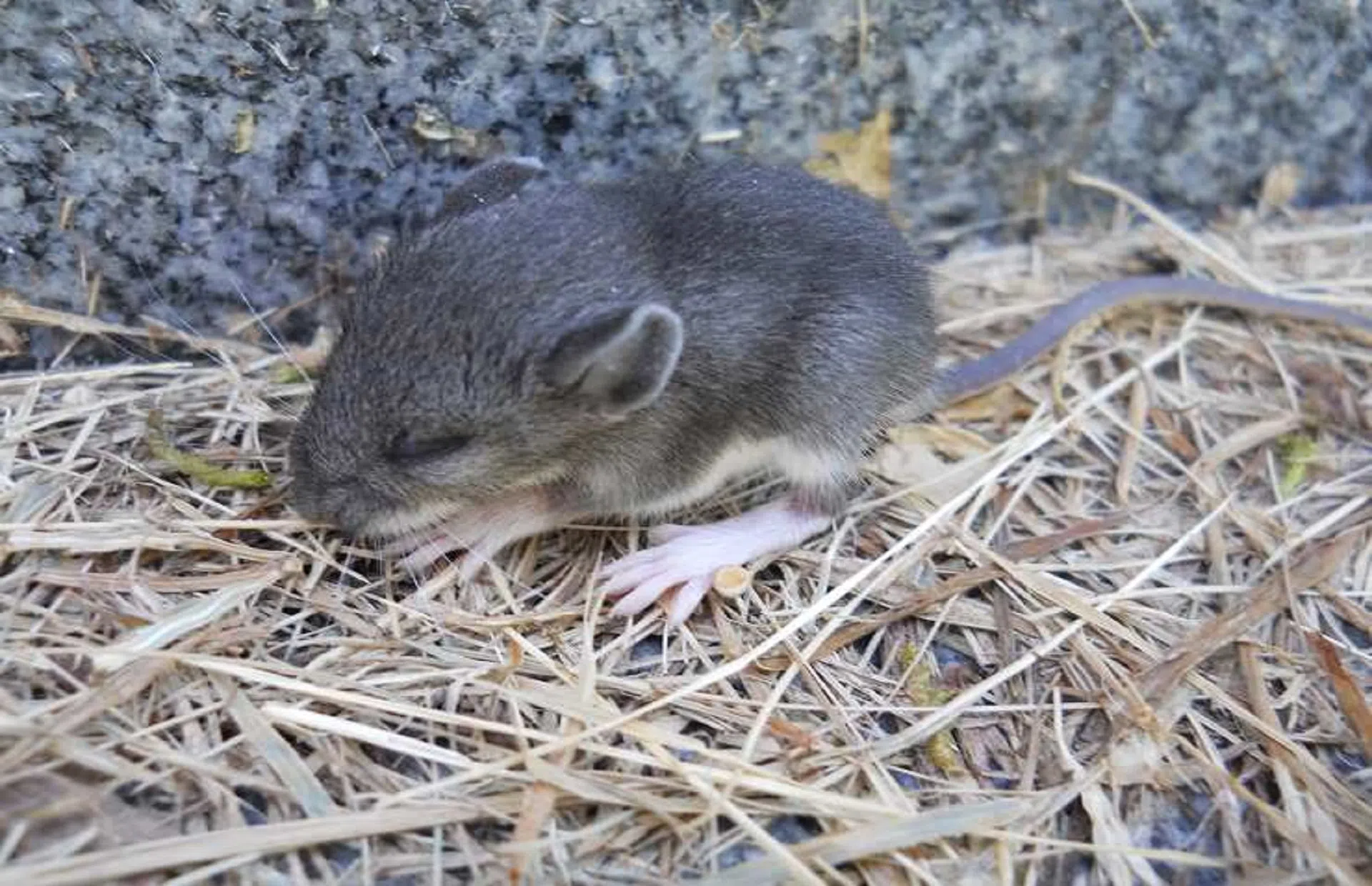
U of A Researchers raise alarm about new, potentially deadly parasite
EDMONTON – A parasitic disease that hasn’t been seen in Canada for 90 years, has been found in this province, and doctors at the University of Alberta are concerned. Only one other case occurred in Manitoba in the 1920’s
Dr. Stan Houston says the tapeworm, called Echinococcus multilocularis, came from Europe and spread to coyotes here.
Rodents then ate coyote feces and became infected, and then domestic dogs that killed or ate rats, got the parasite. The parasite is not dangerous to dogs.
“The unlucky human then consumes a parasite egg,” says Houston. “So for example, if your dog eats rodents, and the dog gets a parasite and you’re handling your dog…. petting your dog, and not meticulous about hand washing, you could pick up a microscopic egg that way.”
The other way humans can become infected he says, is if foxes or coyotes defecate in your vegetable or fruit garden, the parasite eggs can get on the vegetables growing close to the ground, like carrots or beets, squash or strawberries.
If you don’t thoroughly wash everything, you can also ingest an egg, and become infected.
So far, there have been four cases recently – mainly in central Alberta. They involved three women from their 30s to their 50s and one elderly man in his 80s.
The parasite affects the liver, Houston explains. And if the tapeworm’s presence isn’t caught for a long period of time, it can spread to other organs, destroying them.
He says the tapeworm was found by accident in two of those affected, while they were getting an ultra-sound. The others got pain in the liver area, or started to lose weight and to generally become unwell.
“One of them has had it surgically removed….two of the others are not surgical candidates and are going to have to be on (anti-parasitic) medication indefinitely, and the fourth is a surgical candidate but has not yet gone to surgery.”
There is no cure for this parasitic disease.
Houston does emphasize though, that the disease is still rare, and there’s about a one in a million chance someone may get it at this point.
There are also ways people can prevent themsleves from ingesting the nasty parasite.
“If you have a house dog, there’s no worry. But if you have a hunting dog, or if your dog’s roaming habits might include eating rodents, then you should deworm your dog on a regular basis. And specifically you need to ask your vet for a deworming agent that is good for tapeworms, not just the roundworms.”
He says washing your hands after handling your dog is also a good idea.
“And if you’re consuming raw fruits and vegetables from a garden where coyotes are likely to be passing through, then a little extra attention to cleaning your fruits and vegetables would be the thing to do.”
For more information: https://www.ualberta.ca/news-and-events/newsarticles/2017/july/new-serious-human-parasite-introduced-by-coyotes


